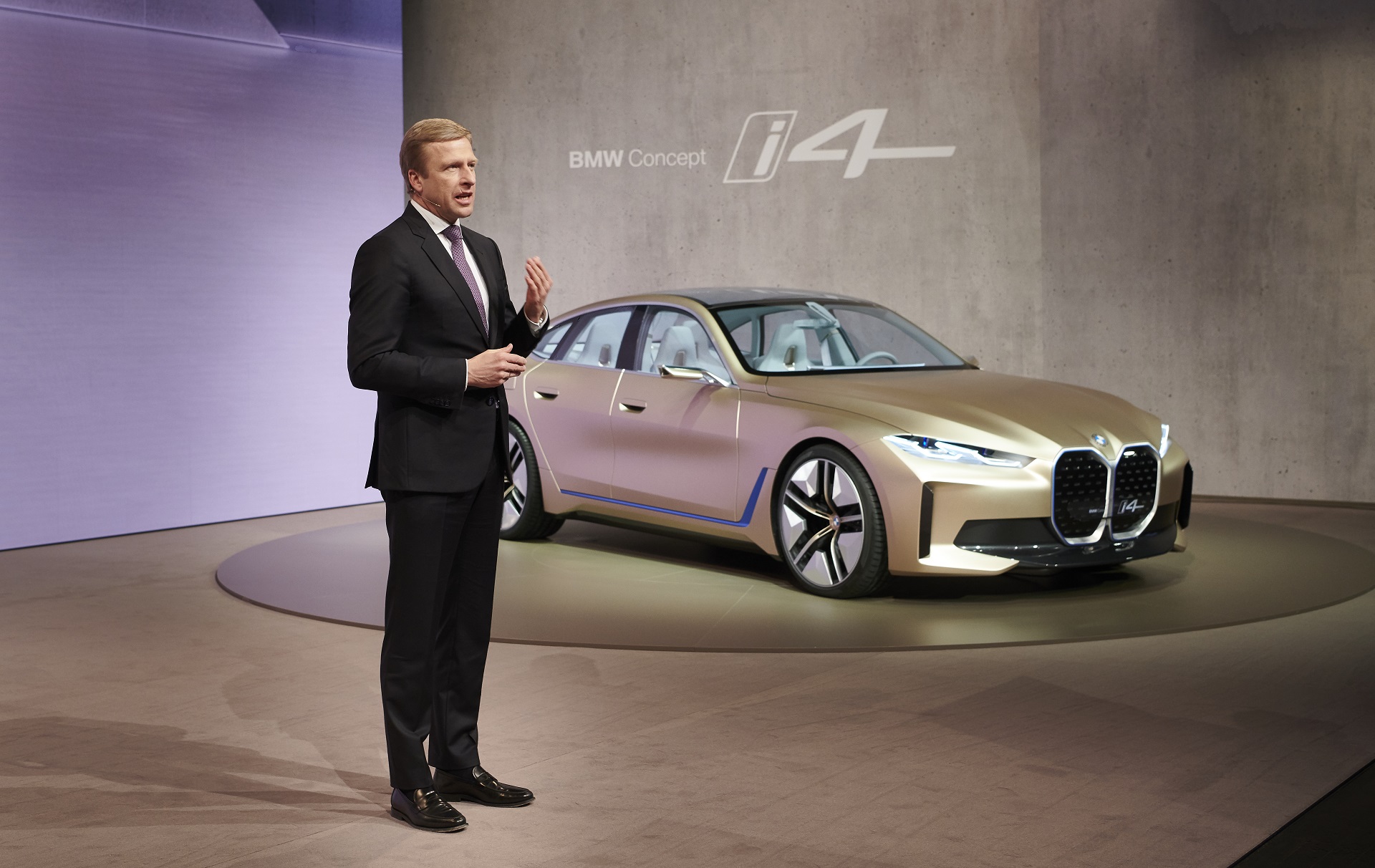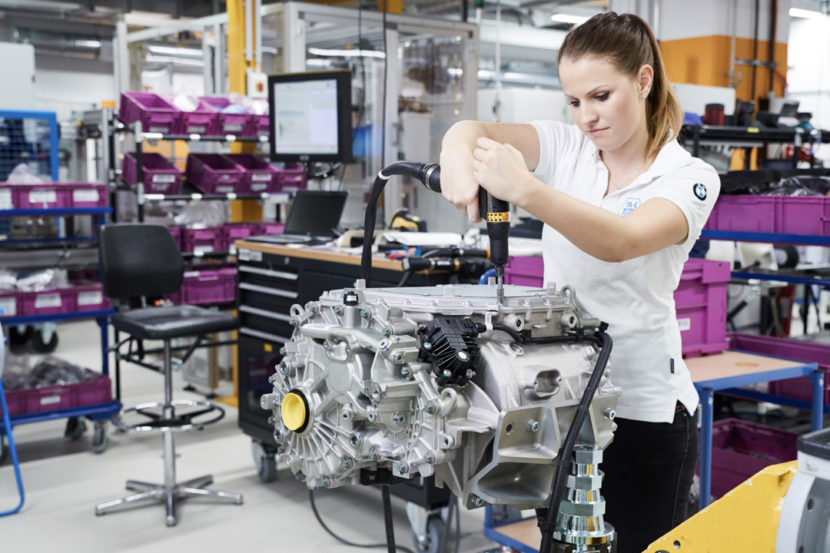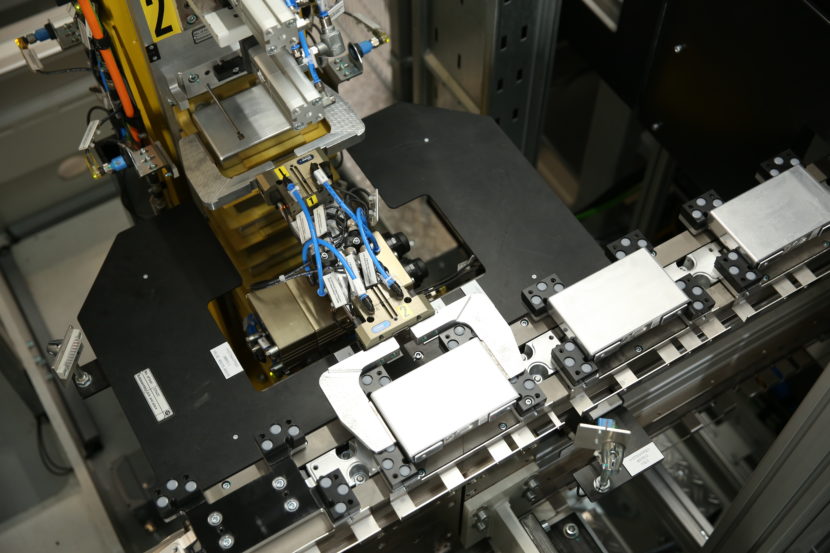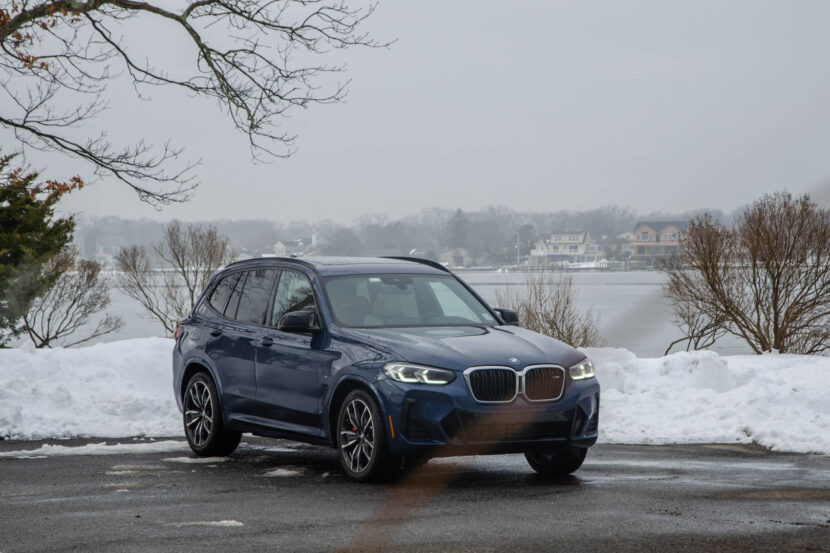At a meeting held today in Munich, BMW announced a lot of its plans for the future. Apart from confirming the new 7 Series will get a BEV model, the Germans also announced they will be investing heavily over the following years, to keep up with demands from the customers in terms of technology. The so-called ‘future technologies’ BMW will invest in will have some 30 billion euros set aside from the budget.
“New technologies are key to the future of mobility. Up to 2025, we intend to invest more than 30 billion euros in research and development to underscore our position as an innovation leader. This also expresses our confidence for the future business development,” said BMW CEO, Oliver Zipse.
These new technologies will prove vital in the future. They include batteries and electric motors, as well as the charging solutions, autonomous driving technologies and more connectivity on board.
“The ability to integrate diverse technologies to form a complete system is vitally important. Those companies capable of developing and combining hardware and software in equal measure will shape the future of the automobile. In this respect, we are quite clearly in the fast lane,” added Zipse.
These moves should also allow BMW to cut its CO2 emissions average across the fleet. Drastic changes have been made in the field since 2017, with more efficient engines being launched yearly.
BMW Intelligent Personal Assistant Will Be Upgradable Over the Air
Other investments will focus on IT capabilities and software know-how. BMW is now one of the largest IT employers in Germany with over 5,300 people working in the field.
Another focus point will be on sourcing raw materials needed for electric powertrains. These have been secured for now but this is an on-going battle overall. In order to spend that much money moving forward, BMW also has to cut back on some expenses.
As we reported a while back, the company plans to save up to 12 billion euros in R&D expenses by streamlining the processes surrounding new cars. The key is to develop even faster digital processes and leaner structures.
Among other things, development times for new vehicle models will be reduced by as much as one third, while some new models will be brought out, especially in the upper echelons of luxury







































































